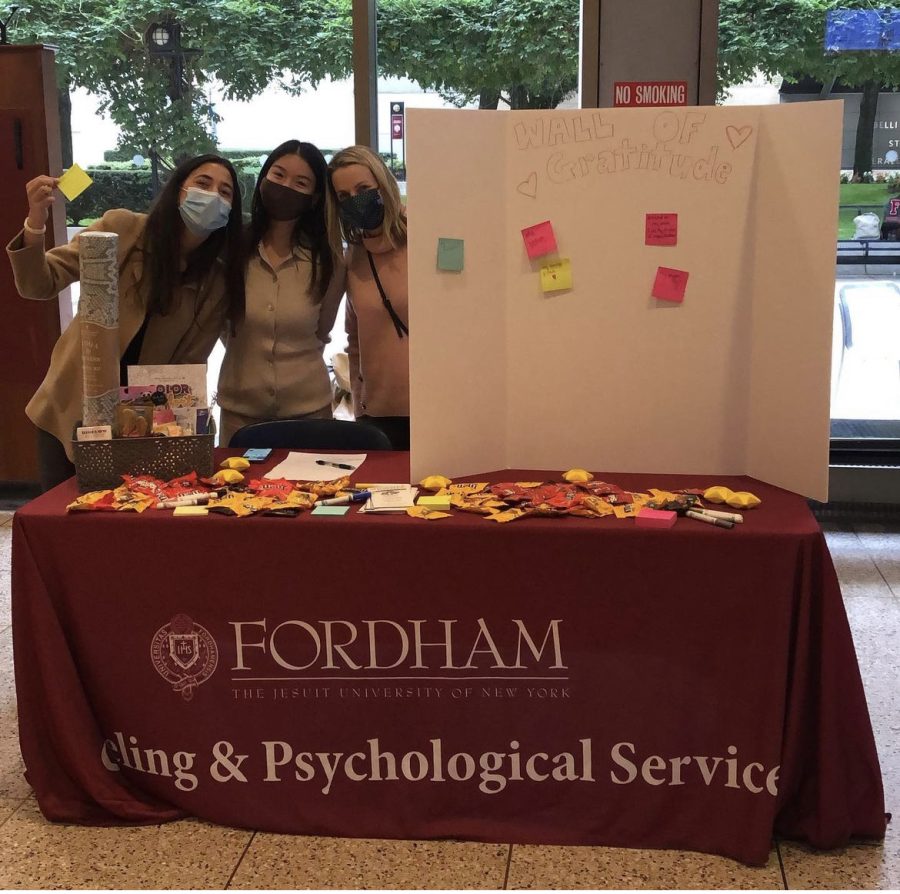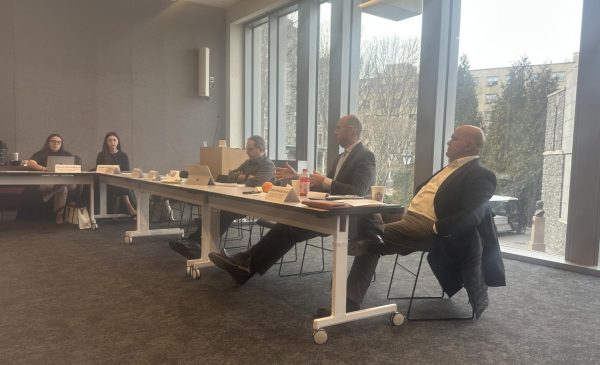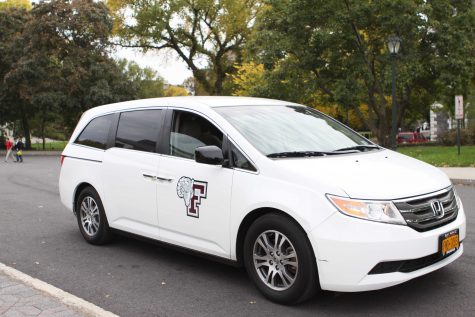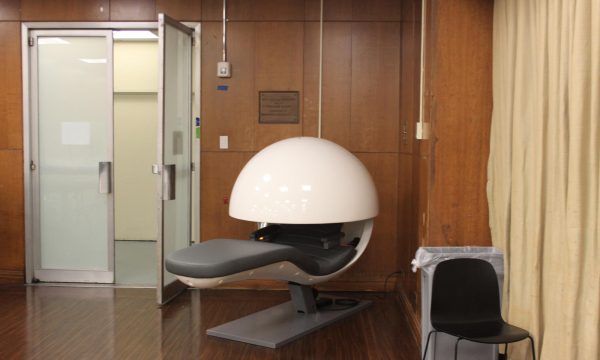Students Face Rising Need for Mental Health Services
A student survey done by Inside Higher Ed in 2021 during COVID-19 showed that 65% of students reported having fair or poor mental health, 47% said they could have used some or a lot of support from their college but only 15% engaged in college-offered counseling in the past year.
In a more recent survey from 2022, only 34% of students who said they struggled with mental health used some sort of counseling.
The Ram reached out to Fordham’s Counseling and Psychological Services (CPS) about their preparedness to address all of Fordham’s student body’s mental health needs.
Jeffrey Ng, director of CPS, said that CPS served “over 2,050 unique students or about 14% of the student body” last year. Ng added that all clinical services are free.
CPS is an “on campus mental health service within the Division of Student Affairs,” whose mission is to “promote and support students’ mental, psychological and emotional health and well-being.”
CPS has different “clinical services; psychoeducational, outreach and prevention programs; and contributions to the mental health professions” to help promote their mission.
He said that CPS has 11 full-time staff counselors, five part-time staff counselors, three full-time post-doctoral fellows, four part-time psychiatric residents/fellows and 14 graduate interns throughout the Rose Hill, Lincoln Center and London offices.
“CPS offers groups and workshops on stress management, coping skills and executive functioning throughout the year,” said Ng. “We also deliver outreach events and programs on campus and social media to promote well-being, normalize help seeking and increase awareness of CPS services.”
On their website, CPS has a statement on diversity, equity and inclusion, which says they are “committed to the delivery of culturally competent services that honor and are responsive to the needs, strengths and identities of Fordham’s diverse community of students, faculty and staff.”
After an initial screening process, CPS’s website outlines the 11 different recommendations that could occur, which range from individual counseling to referrals to off-campus providers.
Lenora Doanh, GSB ’25, utilized CPS during the last school year. She felt that CPS group settings needed to be more aware of things such as “cultur[al] ignorance and discrimination about social status,” like a student’s race or status as an international student.
“CPS need[s] to be more serious about the privacy of the attendant,” added Doanh, who said she felt like the information shared in group counseling was not kept confidential.
Emily Kennedy, GSB ’24, vice president of health and security for United Student Government (USG), believes that CPS’s resources are continuing to grow.
“While the CPS staff is incredibly dedicated to our students and offers countless resources, valuable groups sessions and individual counseling flexible and tailored to each unique student’s needs, there is no such thing as too much support. Especially on a college campus,” said Kennedy. “CPS is consistently prioritizing expanding its supportive resources available and continually creating more accessibility to these resources.”
Farah Elrakhawi, FCRH ’24, former vice president of health and security for USG, sees outreach as an important part of raising awareness of CPS.
“[A] social media campaign would be helpful for our student body, considering many students are still under the false impression that CPS offers a maximum amount of counseling sessions and there’s a cap to how much support a student can utilize, which is not a CPS policy,” said Elrakhawi. “CPS does not limit how many sessions students can use, and I think doing social media outreach or more programming could be beneficial.”
Elrakhawi added that the identity-based group sessions offer a welcoming and safe space for students of similar backgrounds and identities to come together.
Currently, there are multiple support groups for different identities, including for men, BIPOC students and LGBTQ+ students. Information is sent regularly to students’ emails, keeping the sessions accessible and available to anyone who is interested.
Further information on CPS can be found on their website or their Instagram, which is @fordhamcps.
Tasnimah Rahman contributed to this article.
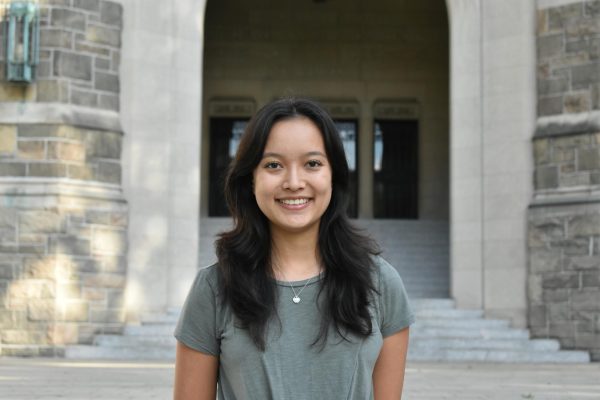
Emma Kim is a junior from Pittsburgh. She is double majoring in economics and English. She started as a contributing writer for news in her freshman year...





































































































































































































